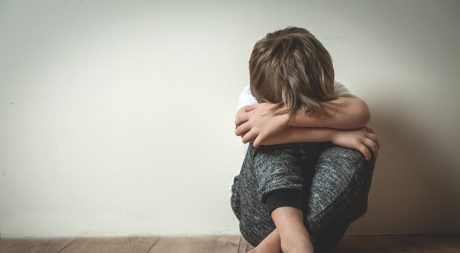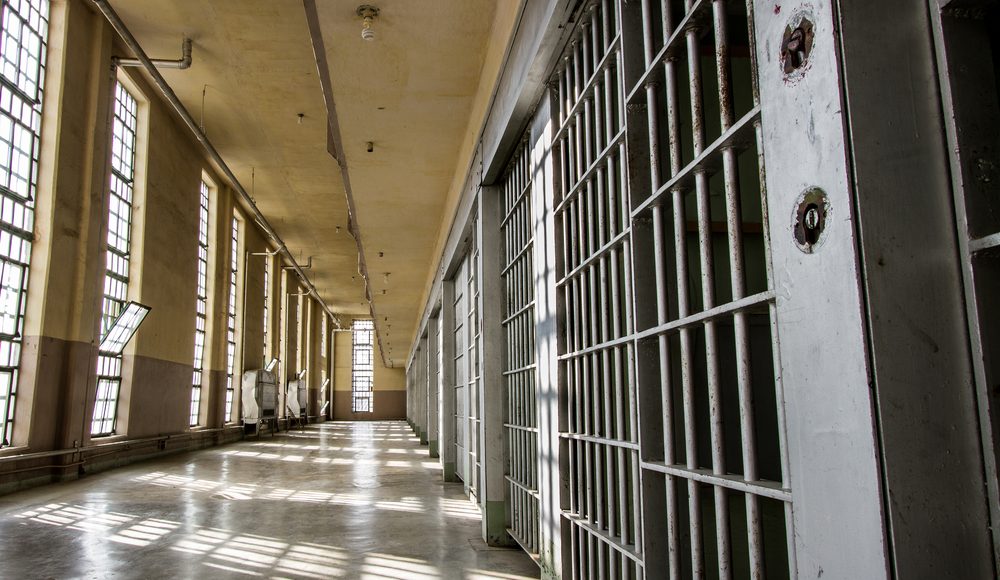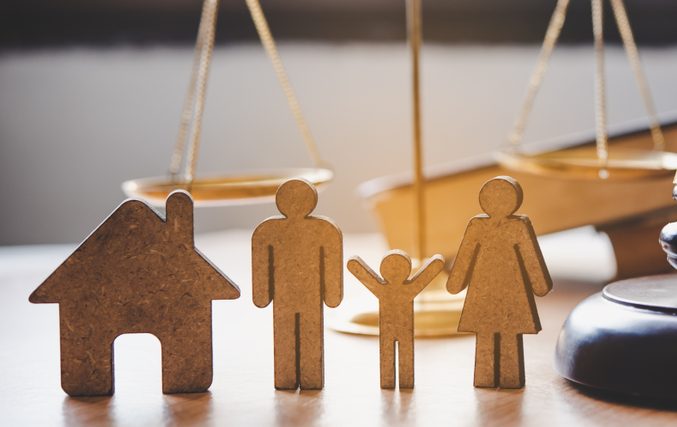In England, when the family court decides who a child should live or spend time with following a divorce or separation, there is a presumption that the involvement of both parents in a child’s life will further a child’s welfare. This is known as the statutory presumption of parental involvement.
Writing for Family Law Journal, paralegal and former independent domestic violence advisor (“IDVA”) Lea Levine considered the potential damage the presumption of parental involvement can have in children proceedings that involve allegations of abuse (and specifically coercive and controlling behaviour) by one parent towards the other.
Subscribers to Family Law Journal can access the full article as part of the April 2024 edition.
Domestic abuse in children law proceedings
The University of Manchester undertook a study in September 2023 regarding responses to allegations of domestic abuse in children proceedings where there was an interplay with the concept of ‘parental alienation’. Of 45 women who had accused their partners of domestic abuse in children proceedings, 39 were counter-accused of alienating the children against the other parent.
The Family Law Journal article addresses the dangers of a ‘pro-contact’ culture within the English legal system, and the risk of exposing children to an abusive parent. In considering the negative impact that contact with an emotionally abusive parent can have on a child’s emotional and physical wellbeing, the article proposes that Practice Direction 12J should tip the scale in favour of no contact.
The Domestic Abuse Act 2021 has brought the harm caused to a child who witnesses abuse into sharp focus. Yet, the case law has established an exceedingly high threshold for departure from the presumption. The threshold requires ‘cogent’ or ‘compelling’ reasons for no contact. In previous case law, the judiciary seemingly performs an inversion of logic and discounts the effect of coercive control on a perpetrator’s children, contrary to the express provisions of PD 12J. This has led some experts, such as Jane Callaghan, to argue that children are considered ‘passive witnesses of abuse’ by the judiciary. Such an attitude is harmful because it fails to consider the indirect harm a coercive and controlling household can cause.
Issues with the permissible evidence of coercive control for use in court proceedings and counter allegations of ‘parental alienation’ are also explored. Lea concludes that the judiciary must approach cases concerning allegations of domestic abuse and parental alienation with rigor to uphold the safeguarding of children in family law proceedings.
In essence, the court appears to struggle ‘to balance the issues related to domestic abuse and the presumption of parental involvement’. This represents a key focus of the article, as the presumption proves problematic in cases of alleged coercive control.
Further reading
Our Divorce and Family team has written extensively on the increased transparency now being introduced in the family courts, and the importance of this not compromising child protection. This evolution towards transparency aims to improve the public’s understanding of the court process and enhance confidence in the court system.
The recent case of Re T (A Child) (No.2) (Transparency: Publication of the Party’s Names) raised this contentious topic. Felicia Munde examined the case and the approach of the family court where children are involved.
In an article for The Yorkshire Post, senior associate Sarah Harvey discussed these themes more broadly, noting that Leeds was the launch point for a family law media access pilot.
You can find further information regarding our expertise, experience and team on our Divorce and Family page.
If you require assistance from our team, please contact us.
Subscribe – In order to receive our news straight to your inbox, subscribe here. Our newsletters are sent no more than once a month.





